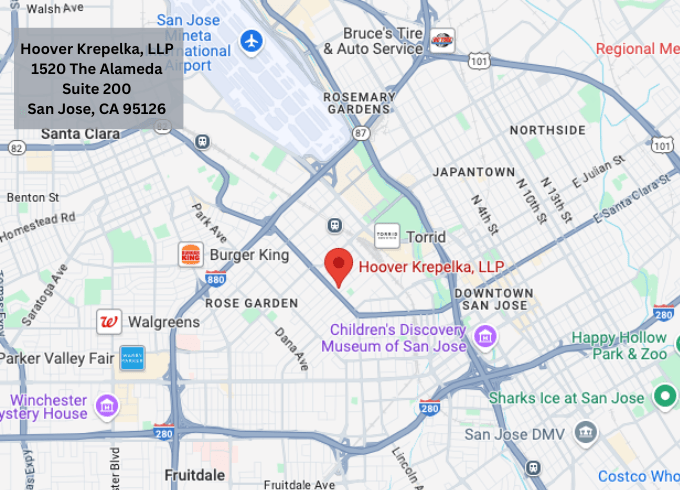When a marriage ends, couples must address several issues before the divorce is complete. These issues include property division, child support and child custody. In many divorces, couples must also make vital decisions about spousal support or alimony.
Marriages in which one spouse owns more assets than the other are particularly complex in terms of spousal support. The spouse with fewer financial assets may need assistance getting on his or her feet as a new single. In bygone eras, alimony was almost automatic, and it nearly always went to the wife of a divorce.
Times are different now, and either person involved in a divorce may receive a spousal support award. There is also more than one type of alimony in California. Choosing the best form of spousal support ensures that you can begin a new chapter of your life without worrying about money.
Rehabilitative: This type of alimony only lasts long enough for the receiving spouse to become self-supporting.
Reimbursement: If the receiving spouse must pay certain expenses like college tuition, this form of spousal support replaces these costs.
Permanent: Courts try to avoid permanent spousal support, but they may award it in certain cases. Your divorce attorney can explain the requirements associated with permanent alimony.
Lump-sum: Getting a large amount of alimony all at once helps the receiving spouse plan and build for his or her future. However, this option may mean foregoing the right to a share of marital property.
It is wise to consider your current and future financial needs carefully when choosing a type of spousal support. For further assistance in making this important decision, consider seeking guidance from a family law attorney.






